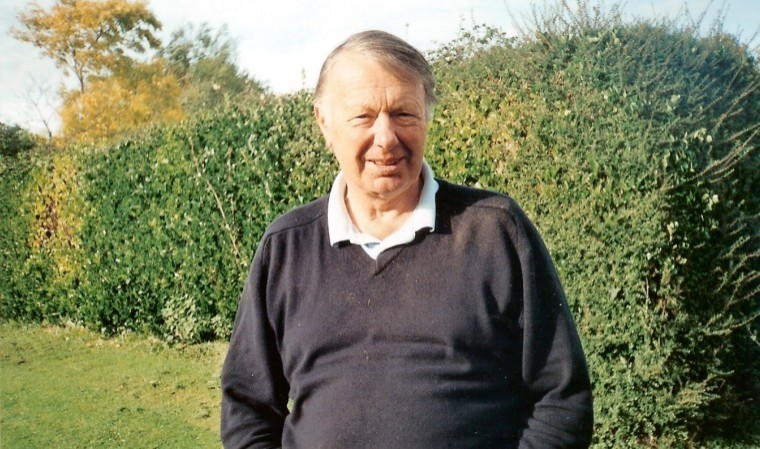As a voter in the promised referendum on our future in the European Union, my views may possibly be shared, to a lesser or greater extent, by others in the countryside.
Basically they are that we should stay in the EU, but only if the government succeeds in cutting free from the EU human rights laws, regains control of implementing our own national laws, reclaims full powers over immigration and, of course, retains the pound yet remains in a common market. Unless the government is prepared to negotiate seriously on our national principles, (do politicians have such things?) it is difficult to know how one would vote. One fears they are not as dedicated to doing this as we, the voters, might like?
When we voted to join the common market on 5 June 1975, Britain supported the idea of joining a European free trade area. It was promoted to farmers as being hugely beneficial to British agriculture and so initially it was. However it is the bolt ons which have increasingly been added by the non elected bureauocrats in Brussels – to link us all into their deviously pre planned transition into a federal state – which now make the thing so totally repugnant. I want nothing to do with it as it presently is and, to that end, agreed with Nigel Farage. Unfortunately many have strong doubts that the government actually knows quite what it wants, or if it will actually stand firm on key issues, so let’s wait and see what the negotiations come up with.
We are still being troubled by the breeding success of the local RSPB colony of fallow deer. The numbers coming out of their reserve at Wigginholt, Pulborough, despite the society’s own culling programme, continue to cause farmers around the area considerable crop damage from their almost 24 hour incursions to find food which the reserve itself seems unable to provide. Damage to maize plantings this summer is causing most concern around the area and somehow it has to be curtailed. The RSPB are providing a quiet haven for them to breed. But without deer fencing or providing food to sustain the pests on their own land, their attentions to our crops are wearing a bit thin.
The society has its hush hush policy to reduce numbers but, from what one sees, the herd is still far too big – and likely to take a substantial hit as frustrated land managers increasingly take matters into their own hands. The culling season is now approaching and one hopes local taste for venison guarantees a ready market. Locals I have spoken to confirm deer nightly swim the Arun, in almost any tidal conditions, to reach the growing crops and cause, in some cases, quite serious losses.
On another tack now – it is really distressing that we continue to lose so many birds to drowning in farm water tanks. Recently our herdsman Simon reported finding yet another barn owl in a tank. It is particularly frustrating given the trouble taken here over the years to provide conditions for these owls. We have had quite a lot of success by putting a single old car tyre in each tank, but the tyres do need a brick or a big flint put in them as ballast to stop them spinning when an unfortunate bird slips in as it searches for water.
One imagines this is a bigger problem up on the Downs, where natural drinking spots are at a premium. It would be interesting to hear from other farmers who may witness the same problem because I believe, from experience here, we probably lose more barn owls/ little owls, through drowning than are lost from traffic up in these high places. We cannot afford their loss.
And talking of water, I was very sorry to see that George Applegate, the world renowned dowser, died in April aged 94. I am sure many readers will have met him over the years. George had been active until near the end of his life, working around the world looking for water, oil and natural gas. He was also employed by governments and multinationals. The last time I spoke to him he said he had been hanging over the front of a survey vessel, aged more than 90, in a rough South China Sea, looking for oil, which he implied, was at the behest of the Chinese government. All he would say was that there was more oil below that sea than had been discovered in the world to date and was very excited at the prospects.
Seeing the increasing tension in the area now, caused by the Chinese building artificial islands and increasingly protecting their claimed territorial interests, I guess George was right. I won’t repeat my own experience of his skills but wrote here about him a few years ago. After seeing him work and talking to him, he left me with the feeling he had a clear seventh sense as a very switched on mystic and was a real gentleman. His visit was an extraordinary experience.
I do still have an undeveloped site, which he identified on a visit to the home farm, and I am increasingly inclined to have it bored, as private water is becoming increasingly valuable. He was totally confident the water was there, and viable, so that will do for me! For anyone interested there are still references to him on the internet and they make very interesting reading – as does his book “The Complete Guide to Dowsing.” George Applegate was a remarkable man.




